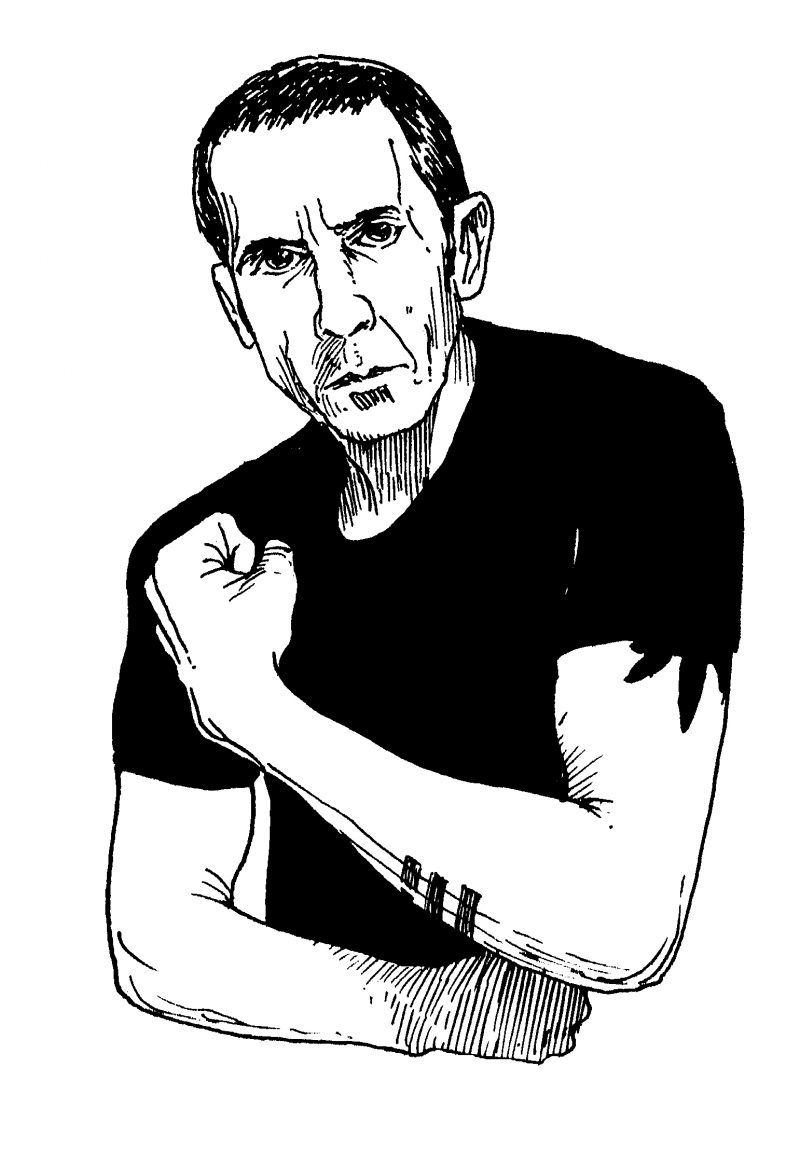Jerry Stahl is best known for his first book, 1995’s Permanent Midnight, which was later adapted into the cult-classic film starring Ben Stiller—and for good reason: it’s a scabrous, fearless confessional about being a heroin addict in Hollywood, and it ranks with the work of Burroughs and De Quincey. But in the decades since its publication, Stahl has complemented and expanded upon his debut with seven books, including Perv—A Love Story (1999); I, Fatty (2004), recently optioned by Johnny Depp, which plunges into the volatility of early celebrity; and Pain Killers (2009), a Nazism-meets-noir romp. He is also the editor of a recent anthology, The Heroin Chronicles (2013). These days it might be more accurate to think of Stahl as one of Bukowski’s few true heirs: he’s a writer whose dredging of Los Angeles has created a literary universe of damage, humor, and hope.
Stahl should feel comfortable in his sixty-first year. He made his debut writing short fiction, winning a Pushcart Prize in 1976. He started screenwriting in the mid-to-late ’80s for the popular TV series ALF. He went on to write for other successful shows—Moonlighting, thirtysomething, Twin Peaks, and Northern Exposure. He also had an incredible run as a consultant on CSI, offering insights into episodes about furries, S&M, and infantilism. He co-wrote the screenplay for what he calls “the art-house sleeper” Bad Boys II, and more recently he co-wrote the screenplay for HBO’s Hemingway and Gellhorn, which was nominated for a Writers Guild of America Award.
You have reached your article limit
Sign up for a digital subscription and continue reading all new issues, plus our entire archives, for just $1.50/month.
Already a subscriber? Sign in





